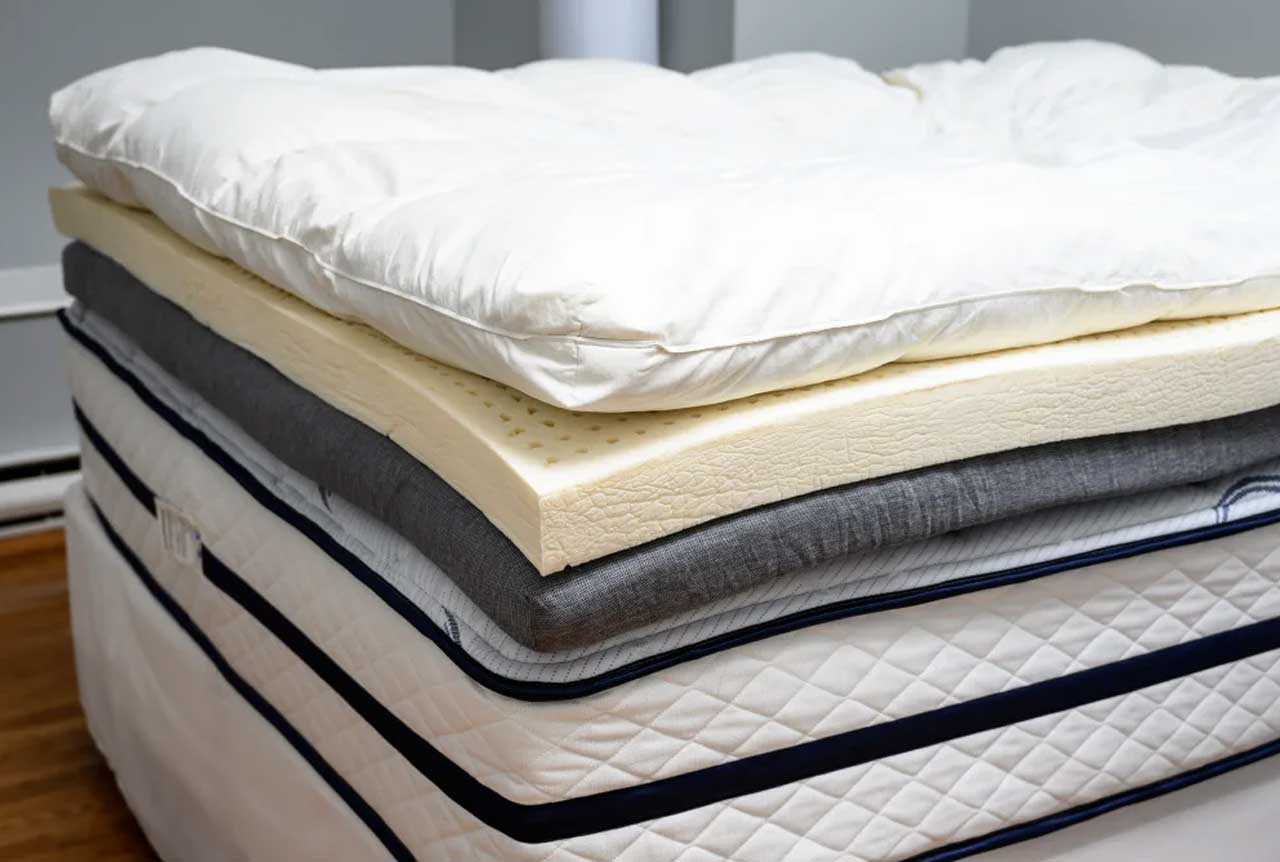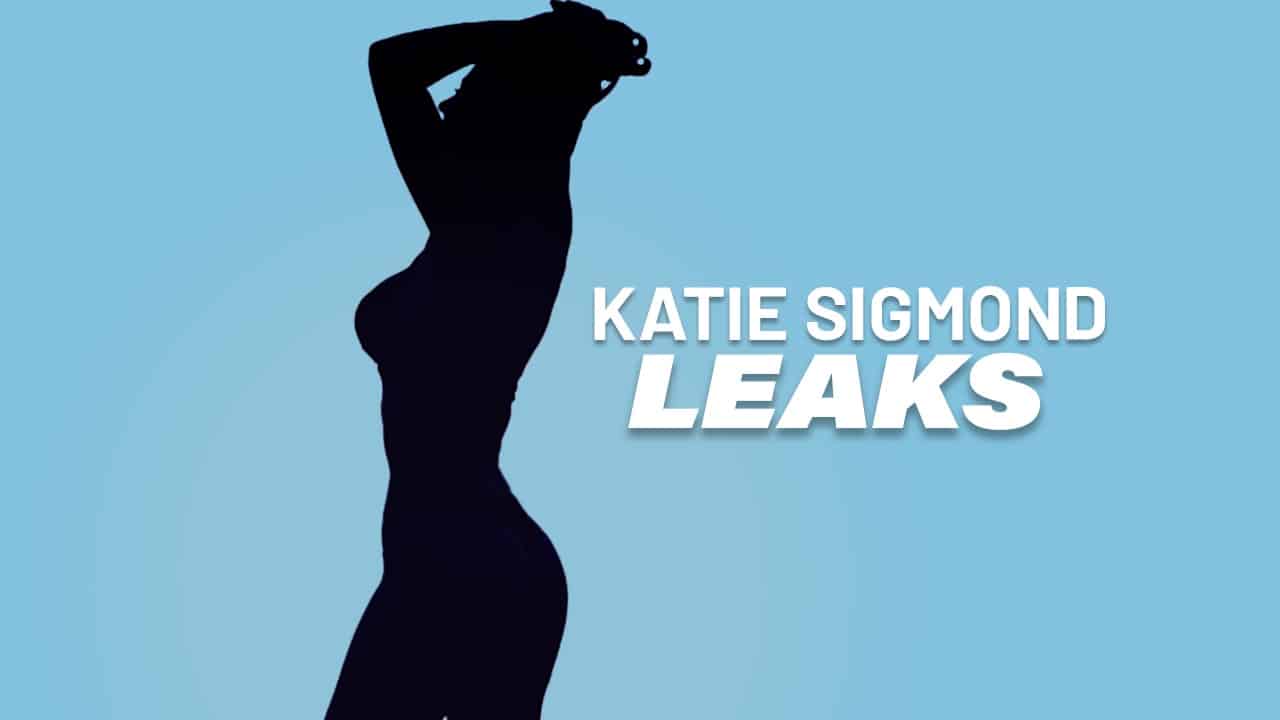A jam-packed schedule complete with school, work, friends, and family can sometimes make it difficult to turn our brains off at night and sleep. Add an uncomfortable bed to the scenario, and you’ve got a recipe for tossing and turning.
If this sounds like you, it’s probably time to adjust your sleeping situation. Adding a mattress topper or buying a new mattress is one of the best investments you can make in your health.
That’s said, there’s a significant price difference between the two options, so you’ll have to investigate which is right for you. The condition of your mattress and the source of your sleepless nights will help you decide between topping off or going all-in on a new bed.
Types of mattress toppers
Memory foam and gel memory foam mattress toppers are the most popular on today’s market.
Memory foam toppers are excellent at softening firm beds while providing pressure relief. The material is also versatile, coming in varying firmness levels and inches. While memory foam is often the preferred material, it can retain heat, making for a sweaty, uncomfortable sleep. However, memory foam mattress toppers like these are made of natural materials that promote airflow all while combating allergens.
Gel memory foam carries the same benefits as standard memory foam, but the gel alleviates warmth as the material absorbs body heat. With that said, gel toppers are more pricey and less durable.
When to add a mattress topper
If your bed is less than eight years old and in good condition but still not as comfortable as you’d like, don’t fret. Your mattress probably just needs the backup of a mattress topper. Feeling like your bed is supportive but too firm or soft is the most obvious way to determine you need a topper.
An exceedingly firm mattress causes numb limbs, while a cruelly plush mattress is often the culprit of morning back pain. Finding a mattress topper that negates these irritating symptoms is a quick and affordable solution.
Mattress toppers are also helpful in maintaining the integrity of a mattress because they act as a layer of comfortable protection. Regardless of your reasons for desiring a topper, you’ll want to ensure you get the most from it by finding the best material for you.
Popular mattress materials
Memory foam and hybrid mattresses are the most popular materials today, but which is better? Well, that depends on your body type, potential pain points, and firmness preference.
Memory foam mattresses are ideal for painful pressure points because they cradle heavy body parts to relieve pressure. As mentioned above, although versatile, memory foam is dense, limiting airflow.
Typically crafted with memory foam and coils, hybrid mattresses permit airflow and feel cooler. However, these materials are not nearly as versatile as memory foam. Most consumers purchase hybrids for support rather than pressure relief.
When to buy a new mattress
Damage to your mattress is the most obvious sign it’s time for a new one. A few examples include sagging edges, lumps throughout the surface, and displaced coils you can feel when lying down. Such damage can result in morning aches, difficulty moving at night, and an overall struggle to fall asleep.
While a mattress topper may provide temporary relief, it’s not a permanent fix. Mattresses contain multiple layers, including a support layer on the bottom and a comfort layer on the top. Because mattress toppers lie atop the bed, they focus more on comfort than structural support.
Remember that not all mattresses are created equal as you browse the market. Research which material is best for you as the right mattress can drastically improve sleep.
Final thoughts
A good night’s rest should be your utmost concern as sleep patterns significantly impact mental and physical health. A key component to achieving healthy rest is creating a comfortable and supportive bed.
Take the condition of your bed and comfort preferences into account to determine if you can improve your circumstances with a mattress topper or require a new mattress.






































